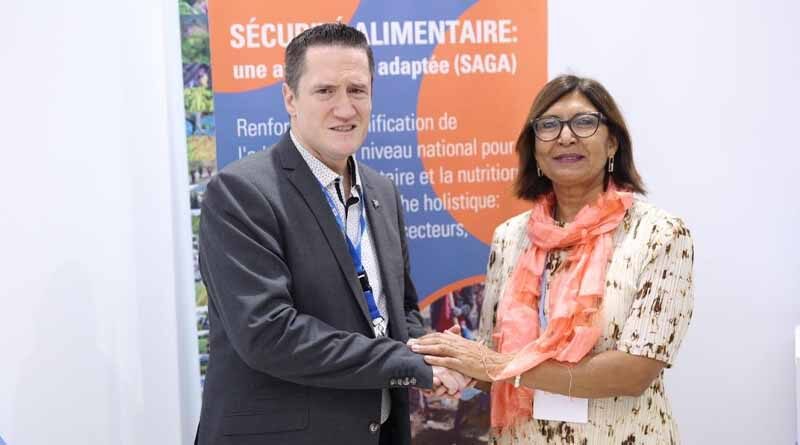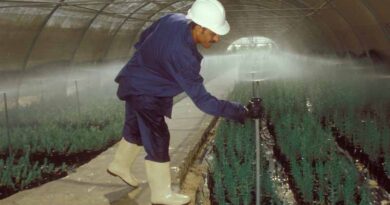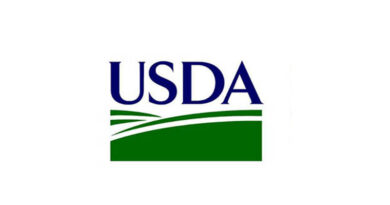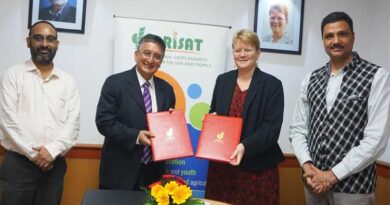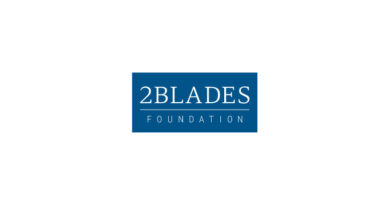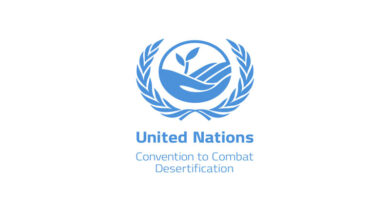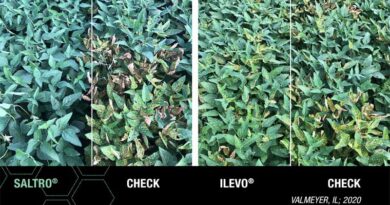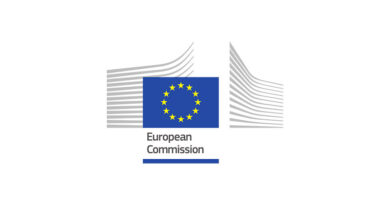FAO and Quebec ramp up climate adaptation efforts in Côte d’Ivoire, Haiti, and Senegal
15 November 2022, Rome: A second phase of a global project that helps three countries particularly vulnerable to climate change adapt to improve their food security and nutrition was launched on the sidelines of the 27th United Nations Climate Change Conference (COP27) in Sharm-El Sheikh, Egypt.
The Food and Agriculture Organization of the United Nations (FAO) and the Government of the Canadian province of Quebec have signed a new technical and financial partnership to help Côte d’Ivoire, Haiti and Senegal adapt to climate change.
This is the second phase of a 2018 global project: “Strengthening agricultural adaptation” (SAGA).
Since its’ inception, SAGA has built up a robust record helping communities in Senegal and Haiti enjoy more nutritious diets and food security and will now extend assistance to a third country, Côte d’Ivoire.
Quebec contributed $5 million dollars in the first phase and will contribute an additional $5 million dollars to continue efforts through a second project that will run from 2023 – 2026.
The project brings together civil society members, researchers, and governments to help create policy, improve farmers’ capacities, develop science-based data, and create tools to overcome climate change.
“The SAGA project has proven a fruitful collaboration between ministries, civil society, and research, placing adaptation of agrifood systems at the heart of climate solutions. We have solid foundations to renew and intensify our joint action,” said Maria Helena Semedo, FAO Deputy-Director General.
One of the key components of the SAGA project is the protection of biodiversity and ecosystem by building on traditional knowledge and acknowledging the important role of rural women and youth in tacking the climate crisis.
Climate-resilient agriculture in focus
Over three years, SAGA has trained some 1600 farmers on resilient and sustainable practices in Senegal and Haiti and developed 11 scientific studies to enhance adaptation planning.
By teaming up with civil society organizations and research centres, the programme has produced data on the vulnerability of agriculture sectors and hydrological resources in Senegal and on the drivers of the adoption of resilient practices by farmers in Haiti.
The results of both activities have informed planning processes such as National Adaptation Plans (NAP) and Nationally Determined Contribution (NDC).
In Senegal, SAGA trained 100 experts from the government on finance mechanisms for climate action and tools for assessing sustainability and vulnerability. It also produced two regional outlook studies in addition to a guidance document to facilitate NDC implementation.
In Haiti, a practical guide to slow the pace of global warming and adapt techniques to tackle such changes prioritizing best practices is being drafted.
Martine Biron, Quebec’s Minister of International Relations welcomed the deal, noting how “in just a few years, the Government of Quebec has positioned itself as an active and credible player with FAO, giving value to the interest it has expressed in Quebec’s leadership and expertise”.
“Quebec remains committed to food security and to offering to financially support to its partners,” she said.
The new technical and financial partnership between FAO and Quebec will operate from 2023 to 2026 with targets aligned with FAO’s Strategy on Climate Change.
Also Read: CropLife India appoints Durgesh C Sharma as the new Secretary General
(For Latest Agriculture News & Updates, follow Krishak Jagat on Google News)

